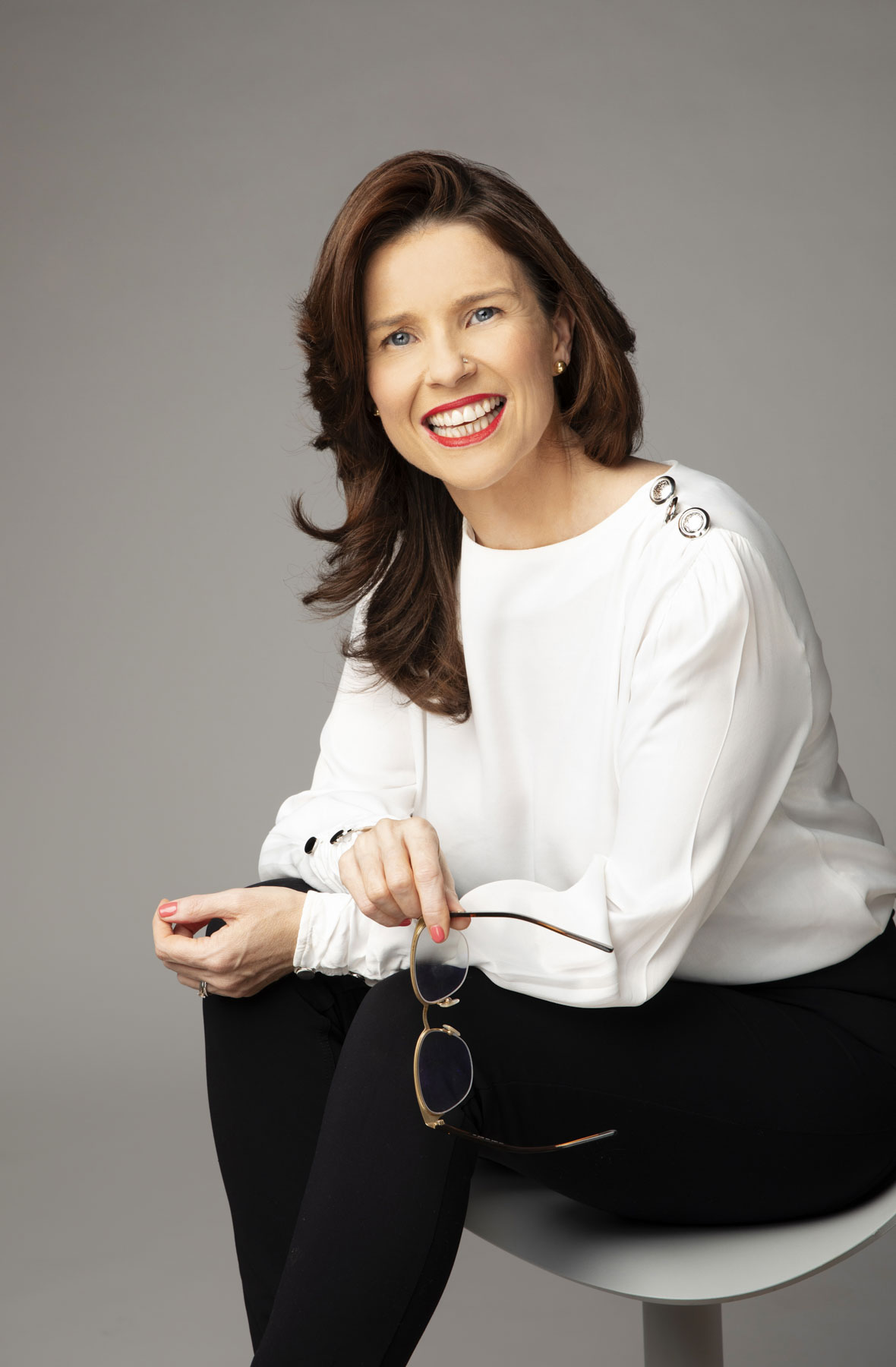Hong Kong’s Cathay Pacific Airways recently celebrated 75 years of flying, and in this episode, we hear about their latest innovations from Paul Smitton, Director of Customer – Lifestyle at Cathay Pacific Airways.
Paul explains Cathay’s new brand positioning, as well as its newly-launched lifestyle proposition and insurance product, which focuses on total wellness, rewarding its members with air miles for setting and achieving health and nutrition goals.
Along with merging their two loyalty programmes in to one, Cathay is also exploring innovative new ways to engage with fliers and members through WhatsApp, virtual reality and social channels.
Cathay is an increasingly innovative brand, with plenty of insights to inspire ideas for you too!
Show Notes:
1) Cathay Pacific rewards programme
2) Paul Smitton, Director Customer – Lifestyle at Cathay Pacific Airways
3) CORRECTION: Within the episode, Paul mentions ‘HKG SAR’ as ‘semi-autonomous region’, and it should have been referenced as ‘special administrative region’.
Paula Thomas
Paula Thomas
Paul Smitton
Paula Thomas
Paul Smitton
Paula Thomas
Paul Smitton
Paul Smitton
Paul Smitton
Paul Smitton
Paul Smitton
Paula Thomas
Paula Thomas
Paul Smitton
Paula Thomas
Paul Smitton
Paul Smitton
Paul Smitton
Paul Smitton
Paula Thomas
Paul Smitton
Paula Thomas
Paul Smitton
Paula Thomas
Paul Smitton
Paul Smitton
Paul Smitton
Paul Smitton
Paula Thomas
Paul Smitton
Paul Smitton
Paul Smitton
Paul Smitton
Paul Smitton
Paul Smitton
Paul Smitton
Paul Smitton
Paul Smitton
Paul Smitton
Paul Smitton
Paula Thomas
Paul Smitton
Paul Smitton
Paul Smitton
Paula Thomas
Paula Thomas
Paul Smitton
Paul Smitton
Paul Smitton
Paula Thomas
Paula Thomas
Paul Smitton
Paul Smitton
Paul Smitton
Paula Thomas
Paul Smitton
Paul Smitton
Paula Thomas
Paul Smitton
Paul Smitton
Paula Thomas
Paula Thomas
Paul Smitton
Paul Smitton
Paul Smitton
Paul Smitton
Paula Thomas
Paul Smitton
Paula Thomas
Paul Smitton
Paul Smitton
Paula Thomas
Paul Smitton
Paul Smitton
Paula Thomas
Paul Smitton
Paul Smitton
Paula Thomas
Paul Smitton
Paula Thomas
Paula Thomas
Paula Thomas
This transcript was generated with the help of AI and podcast publishing tools such as Apple Podcast’s transcription service.
In the interests of efficiency and minimising our costs as a small business, it has not been checked by a human.
If you have any comments or concerns about the accuracy of this content, please do contact us for changes or corrections.

Sign up here and get the latest podcast episodes and loyalty marketing news delivered directly to your inbox